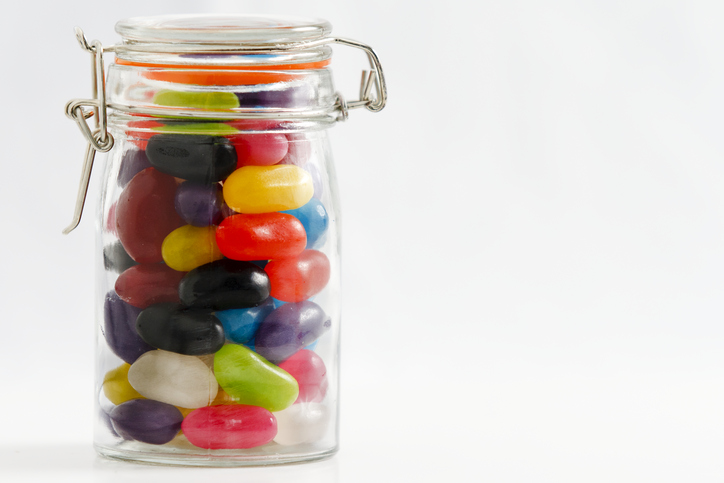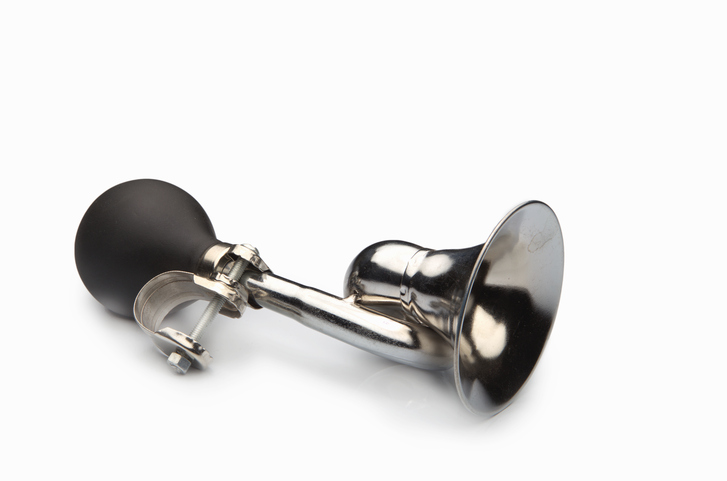roughly
(adverb)
/ˈrʌfli/
 LISTEN
LISTEN


There are roughly sixty jelly beans in the jar.
Roughly is an adverb with two different meanings. It means ‘almost’ or ‘approximately’ and it also means ‘in a violent manner’ or ‘without precision.’ You may remember this second meaning from the adjective rough.
Example sentences
- It will take roughly three hours to get there.
- The bully pushed his victim roughly and demanded his pocket money.
- The kid colored his drawing roughly inside the lines.
Words often used with roughly
roughly speaking: this means you are giving an approximation, “There were fifty people at the party, roughly speaking.”
Did you know?
Roughly and approximately mean the same thing, but approximately is more formal. More or less is less formal and is very common. Nearly is also used to mean something similar to roughly, except that nearly always means ‘almost.’ For example, if we had 47 people at a party, we could say there were roughly 50 people or we could say there were nearly 50 people, but if we had 52 people at the party, we could only say there were roughly 50 people, since 52 is more than 50.
In pop culture
In the animated movie Beauty and the Beast, the character Gaston, in the song about him, boasts of being roughly the size of a barge (a barge is a kind of boat used on canals). You can hear the whole song, read the lyrics, and sing along here:
Other forms
rough (adjective)
Origin
Roughly comes from the adjective rough, which dates back to before 1000 and comes from the Old English word rūh. It is similar to Dutch word ruig and the German word rauh. It was first used as an adjective around the year 1300, but it only became a synonym of approximately in the mid-19th century.
Word of the Day is released Monday through Friday.



